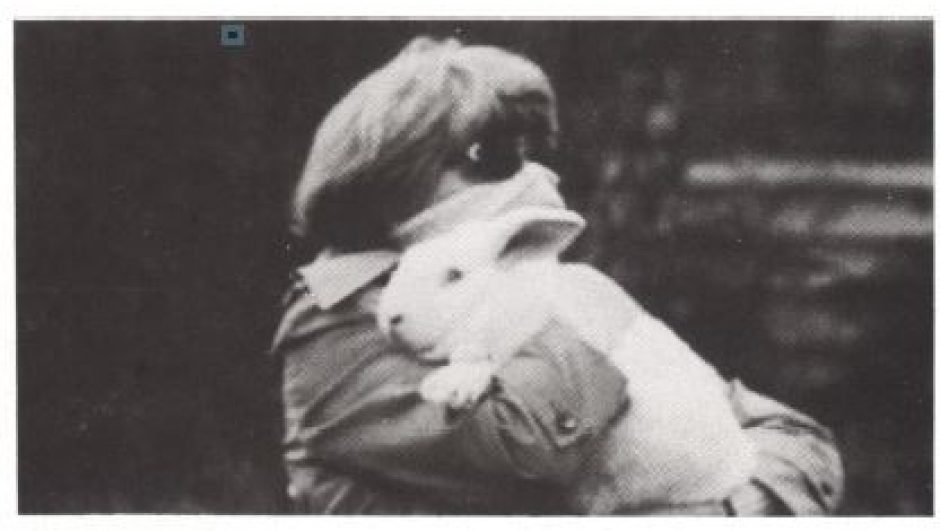Skip to content
A Culture of our Own
Some years ago I had the pleasure of seeing activist-comedian Mark Thomas speak at some green fayre in South London. Towards the end of his talk he took questions from the audience and one fella asked him ‘when was he going to stand for Parliament?’ Although I can’t remember Mark’s exact words, his response has reverberated with me ever since. He said something to the effect of ‘when you look at social history and social progress, every movement, every victory has been won by the collective effort of those underneath after a long and ardours struggle. Only when the people and their campaigns are on the verge of victory, do politicians come along and rubber stamp their ideas.’
In the last few years there has been a notable augmentation in ‘animal rights philosophers.’ Whilst the growth of animal rights sentiment in such field may seem only positive, I find the fact that it is embraced so uncritically by great swathes of activists troubling. Academics to me are like politicians. Sure, there is a small number of very important ones who have contributed more than enough to society, and a few more who are useful and have some role to play – but I find for the most they are self-interested, self-promoting and self-serving and wish to reduce a social struggle that has always been pluralistic in its views and strategies into a homogeneous and ordered style cult. They do this not for the sake of animal liberation, but their own personal reasons. It is perverse that the new paradigm of liberation will be spearheaded by those who come from a background of privilege and exert a position of power.
Partly, I think the problem is of our own making. We have been pathetic in documenting our own history and detailing our experiences as activists. For a new generation who are eager for direction, a vacuum created by the absence of our collective knowledge and teachings has been filled by self-styled leaders and pointy-heads. I would encourage people to read about the history of our movement in the United Kingdom. We have a glorious history whose momentum begins in the early 19th century and since has engendered a rich tapestry of collective action and pluralistic strategies in defence of the rights of animals. We have correctly understood that social progress can only come about when the widest selection of society is involved in it, when through our lifestyles we become advocates of the new world we wish to see, when the balance of engendering public support and lobbying government is corrected and when we take matters into our own hands and utilise protest and direct action. Francione, Yourofsky et al.? Who are these people and what relevance do they have to our struggle in this country? Abolitionism? Carnism? Anti-speciesm? Intersectionality etc.? Sure there’s a place for the gobbledegook of intellectual word games, but they must never become the central tenets of position. For it is important to understand that whilst seemingly the same activity, there is a world of difference between conversing different discourses with your university bum-chums and having a natter with your mates down the boozer. There must never be dictates on the ‘correct’ use of language as society is deeply multi-cultural and speech is the strongest signifier of difference.
It is important to remember that the most effective work for social change cannot be imagined by some distant philosopher, but can only be established by the hard work and tough graft of people who understand the culture they exist within and the traditions they stem from. Our history has given us some incredible pioneers and martyrs, to name a few; Lewis Gompertz, Frances Power Cobbe, Louise Lind af Hageby, Donald Watson, Jean Pink, Carla Lane, Jill Phipps, Barry Horne and Neal Lea. I implore people to study our history and engage in activism that is community minded, inclusive, non-profit orientated and anarchistic. The way in which we do things is just as important as doing things in the first place.
October 2016
Recommending reading:
Keane, Hilda, Animal Rights: Political and Social Change in Britain since 1800
Roberts, JJ, Against All Odds: Animal Liberation 1972 – 1986
Spencer, Colin, Vegetarianism: A History
This entry was posted in
Animal Liberation,
General. Bookmark the
permalink.
